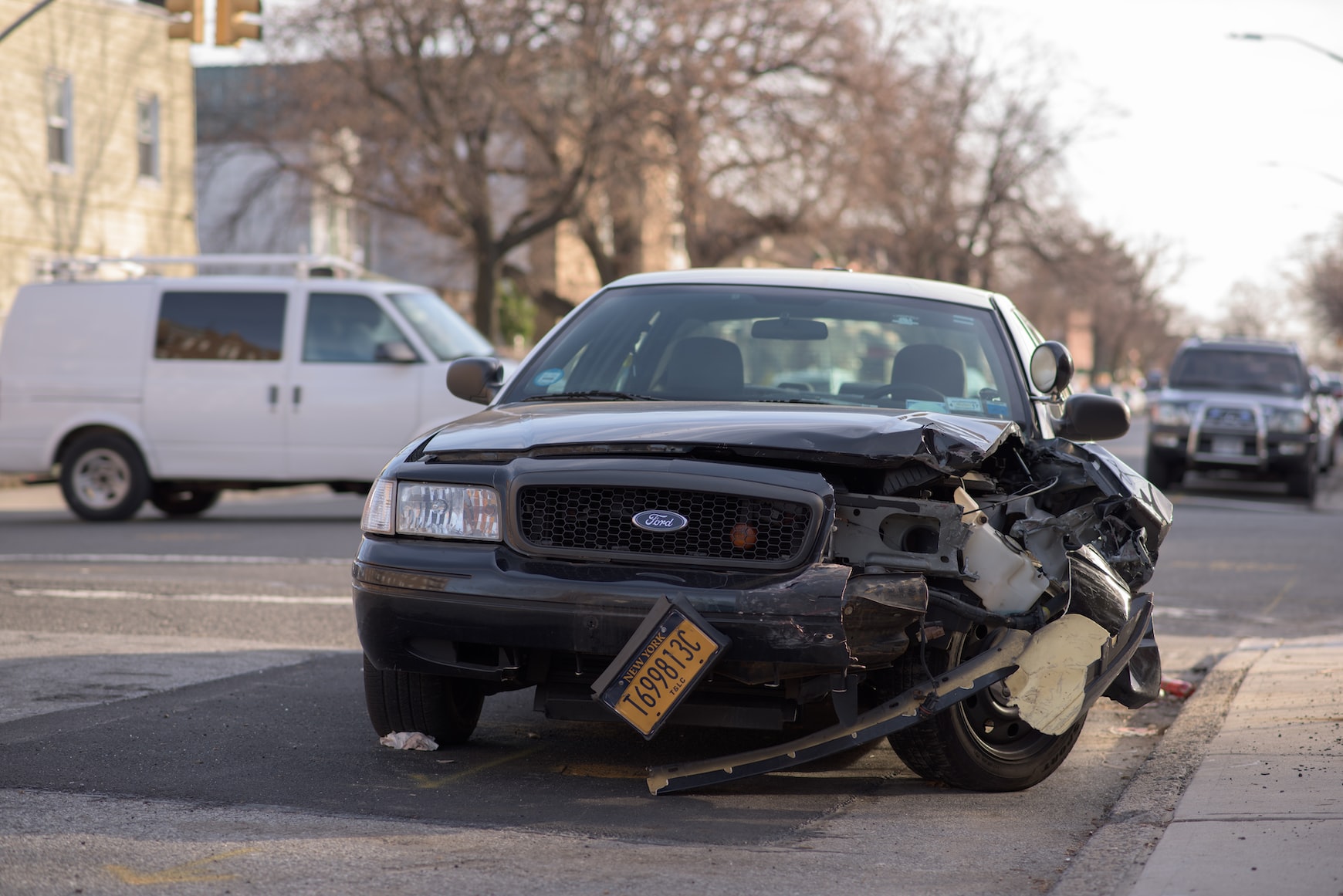If you’ve been in a car, truck, or motorcycle accident in Tennessee, you may be curious about how the state’s comparative fault law influences your ability to recover damages. Even if you are partially at fault for the accident, you might still be eligible for compensation. This article will explore Tennessee’s comparative fault law and how it impacts your accident claim.
Understanding Comparative Fault
Comparative fault, or comparative negligence, is a legal principle that permits a plaintiff to recover damages even if they were partially responsible for an accident. In Tennessee, the law follows a modified comparative fault rule. Under this rule, you can still receive compensation if you were less than 50% at fault for the accident, but your damages will be reduced by your percentage of fault.
The Impact of Comparative Fault on Your Accident Claim
When you file a personal injury claim in Tennessee, the court will evaluate both your and the defendant’s degree of fault. If you are deemed partially at fault, your damages will be reduced proportionally. For instance, if you were 20% at fault for the accident and your damages amounted to $10,000, you would only be able to recover $8,000.
It’s crucial to note that Tennessee’s comparative fault law can be intricate, making it essential to consult with an experienced car, truck, or motorcycle accident attorney to fully comprehend how it applies to your situation.
Safeguarding Your Rights Under Comparative Fault Law
To protect your rights under Tennessee’s comparative fault law after a vehicle accident, it’s important to:
- Seek medical attention for any injuries you’ve sustained.
- Maintain records of all medical expenses and other accident-related costs, such as lost wages or vehicle repairs.
- Gather evidence, including photographs of the accident scene and witness statements.
- Refrain from admitting fault or discussing the accident with insurance companies without consulting an attorney first.
- Consult with a knowledgeable accident attorney who can help you understand your legal options and protect your rights.
Conclusion
Understanding and navigating Tennessee’s comparative fault law after a vehicle accident can be complex. By seeking the guidance of experienced car, truck, and motorcycle accident attorneys, you can ensure that your rights are protected and that you receive the compensation you’re entitled to.
If you or a loved one has been involved in an accident in Tennessee, contact our Nashville office at 615-244-2111 for a complimentary, confidential consultation, chat with us, or fill out a form. We will assess your case at no expense to you. We work on a contingency basis, meaning you only pay if we secure a settlement or jury award for you.
Stay safe out there.
Because we care…
Stillman & Friedland Attorneys







